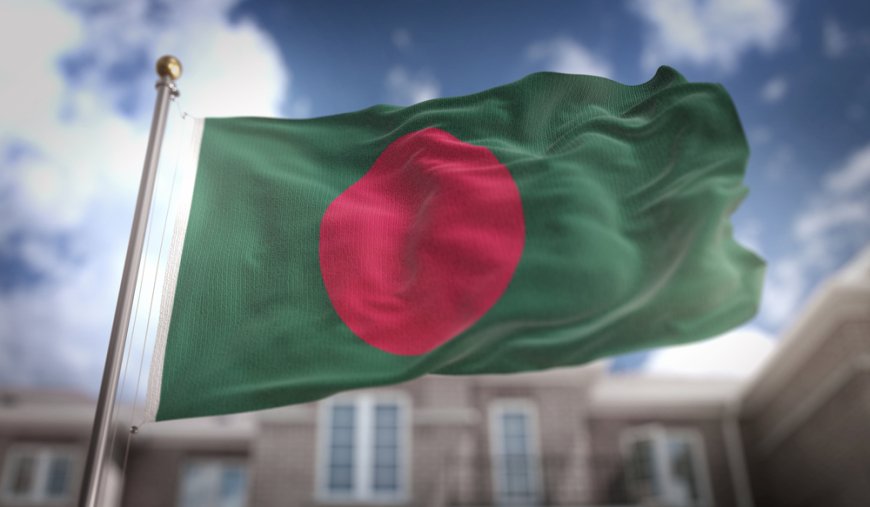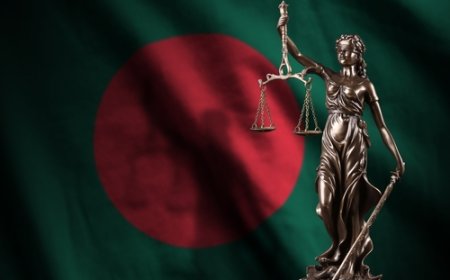BNP Needs to Play the Long Game
PR-based upper house is not only good for the country, it will serve BNP's interest as well. The sooner the party understands why opposing PR is self-defeating, the better for everyone. Most crucially, for itself.

Of all the suggested reform initiatives and proposals, arguably the most important one is the establishment of an upper house based on proportional representation which would enjoy some legislative and significant oversight power.
One can in fact consider it as a game-changer in the sense that it has the maximum possibility of resetting the rules of the political game.
A PR based upper house will allow new institutions and norms to develop and these new features may fundamentally alter the country’s overall political calculations.
Notwithstanding the appeals of direct democracy, one should be somewhat fearful of the tyranny of majority, and thus one may be willing to settle for a somewhat elite settlement built on democratic bargaining. Indeed, reaching a compromise through bargaining is the beauty of democracy. And bicameralism, in the current context, may pave the way towards that compromise.
However, such an idea of bicameralism requires PR because only this offers different political parties an opportunity to participate in the bargaining process and a modified congruence, where major policy decisions will be taken by the lower chamber (with inputs from the upper house) but in case of acts related to rights-based issues and constitutional amendment, the upper chamber may play a role. At the same time, upper chamber must lead the oversight function, ensuring the accountability of the executive.
As things stand right now, BNP has appeared as the major obstacle for a PR-based upper house, at least as far as their formal position is concerned. However, BNP should rethink its formal stance, and one can argue that it is in BNP’s interest that this key reform should be agreed upon now.
Let me explain why.
First of all, even though a consensus seems to exist regarding bicameralism, BNP’s version of an upper chamber is significantly different from the proposed ones and BNP’s upper chamber will have no teeth.
If an election is held allowing BNP to enjoy a brute majority, there will be no incentive for BNP’s elected members to have any upper chamber simply because they won’t want to share power with another chamber. That’s the end of checks and balances.
So, if we want a powerful upper chamber, that has to be agreed upon before the election. But the question is, why would BNP agree to that? What’s the incentive there? That’s my second point.
Secondly, in the short-run, there is nothing to gain for BNP for having an upper chamber. To be perfectly blunt, no short-term incentive exists for BNP in this regard. But the party needs to take a longer-term view.
Let me explain it in this way -- many in BNP, even under the most honest, refined leadership, will be more than interested in engaging in corrupt activities and disrupting law and order. The grassroots are quite hungry and it is clear now that the top leadership finds it difficult control them.
When the party will be in office, the local, powerful leaders will be more interested in abusing power and the top leadership, as they have to rely on them in the next election, may well end up hesitating in controlling them. Let’s not forget, BNP faced the same dilemma in 2001-2006 and the top leadership had to design a new institution -- RAB, which eventually transformed into a monster.
This time, thinking from a long-term perspective, BNP can agree to share some power where the upper chamber will have significant oversight authority to criticize every BNP temptation to cross the boundary. The top leadership then will have an "excuse" to take action against corruption and other abuses. At the same time, if the upper house can limit the level and extent of corruption, at least to some extent, BNP will gain electorally in 2030-31.
Thirdly, the people of Bangladesh tend to vote on anger, and anti-incumbency plays a major role in determining electoral choice. If BNP fails to perform, then in 2030-31, they will lose power and history shows us that the party’s performance as opposition force is not very good at least as fars as street mobilization is concerned.
On the other hand, if there is an upper chamber, BNP will have at least 30 seats (considering that even at its worst, the party received 30% vote), which it can use very effectively. Indeed, given its solid bench strength, the party will likely be quite good at it.
This is why, it is in fact in BNP’s best interest to accept a PR upper house now.
What's Your Reaction?












































































